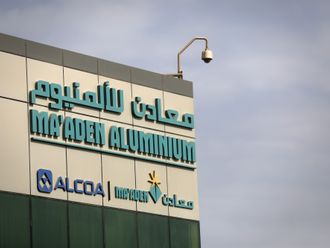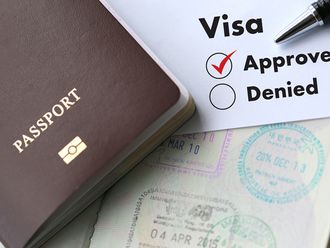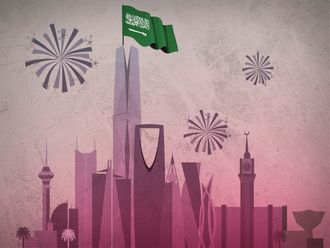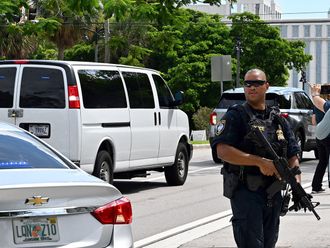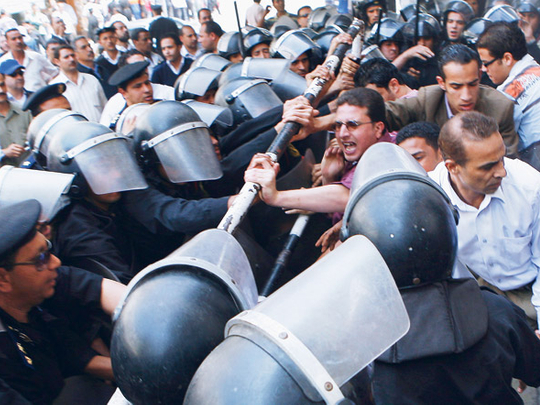
Cairo: Until a few years ago, Al Qasr Al Eini Street in central Cairo was mostly used by civil servants at the governmental institutions and ministries. Now almost no day passes without the street, where the parliament is located, attracting scores of angry Egyptians, protesting problems ranging from high prices, low wages, demolition of unlicensed houses and arbitrary sackings to political suppression.
"These protests are triggered by economic imbalances and inequalities in Egypt," said Taha Ali, a member of the Egyptian Trade Unions Federation. "Since there is no equal distribution of wealth, workers' protests will continue," Ali told Gulf News.
On April 13, Al Qasr Al Eini Street, located a few metres from the Arab League building, was the venue of three simultaneous protests but for three different reasons. One was staged by the physically challenged demanding jobs and houses; another by angry workers of a privatised company; and the third by political activists protesting police crackdown on demonstrators demanding constitutional changes.
Under Egyptian law, people found guilty of inciting or organising demonstrations without permission face jail terms of up to one year and hefty fines.
Residents and employees of the area, where the US and British embassies are also located, are demanding that the Egyptian authorities designate a special place for protests.
"On many days, I cannot make it to my workplace at the nearby Ministry of Education due to such protests and heavy police presence," Faten Chukri told Gulf News.
Clogged with traffic
"With protests now the order of the day in Egypt, why not allocate a certain area for them away from downtown Cairo already clogged with traffic?"
Her demand had earlier been echoed by some MPs. Last week, 21 members of the Shura Council (the upper house of the Egyptian parliament) proposed that such a venue could be in front of the Cairo stadium on the outskirts of the sprawling capital.
"Egyptian public opinion is dissatisfied with downtown demonstrations because they disrupt the flow of traffic and destabilise security there," said Nabeel Luqah, an MP from President Hosni Mubarak's National Democratic Party.
There has been a noticeable surge in political protests since Mohammad Al Baradei, a former chief of the UN nuclear watchdog, started a high-profile campaign in Egypt.
"There should be a certain place for holding such demonstrations under the guard of police to be modelled after Hyde Park Corner in Britain," Luqah said.





